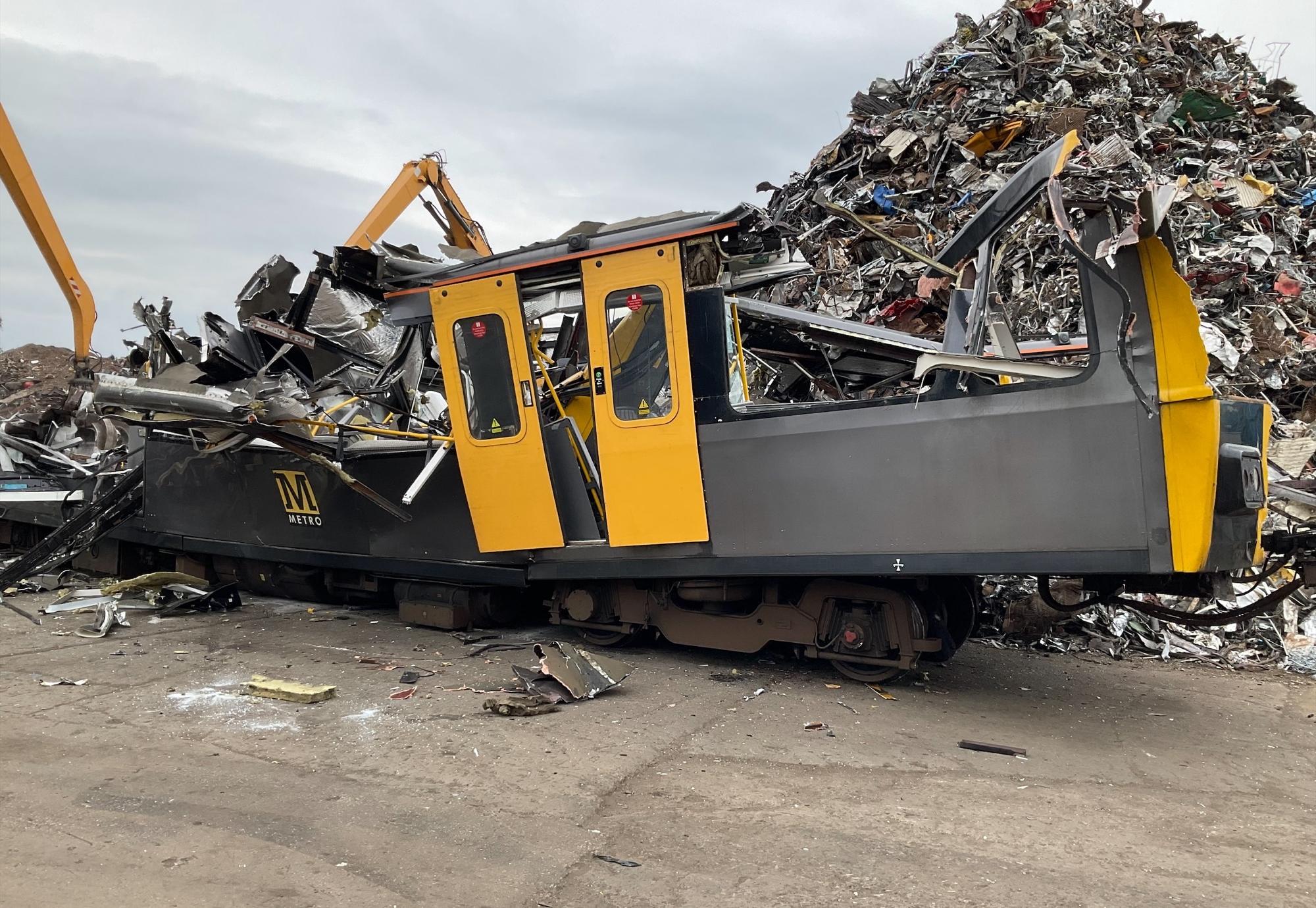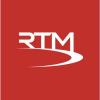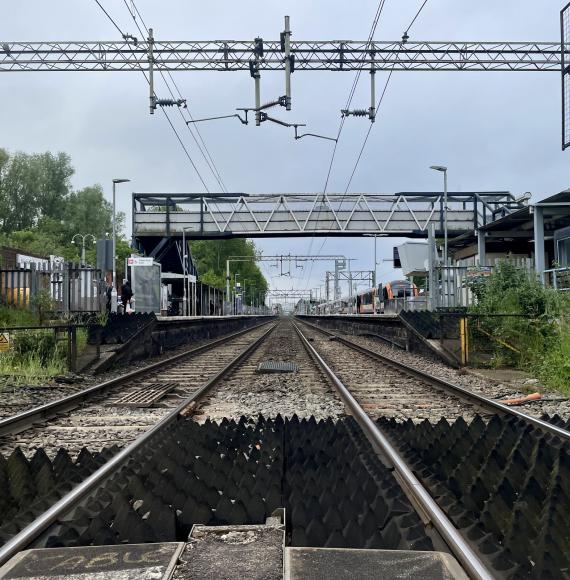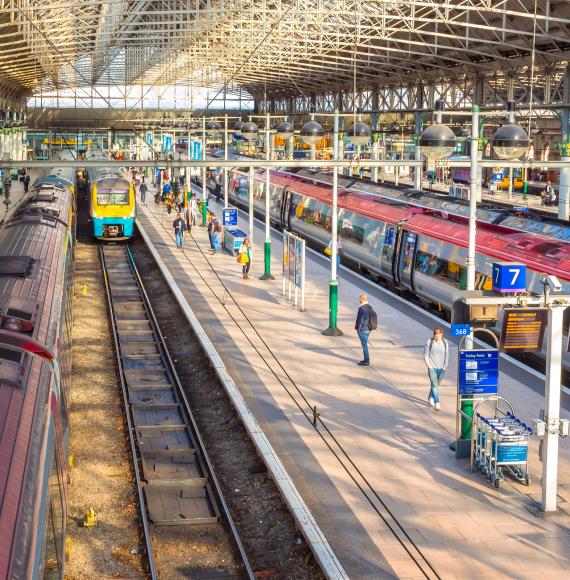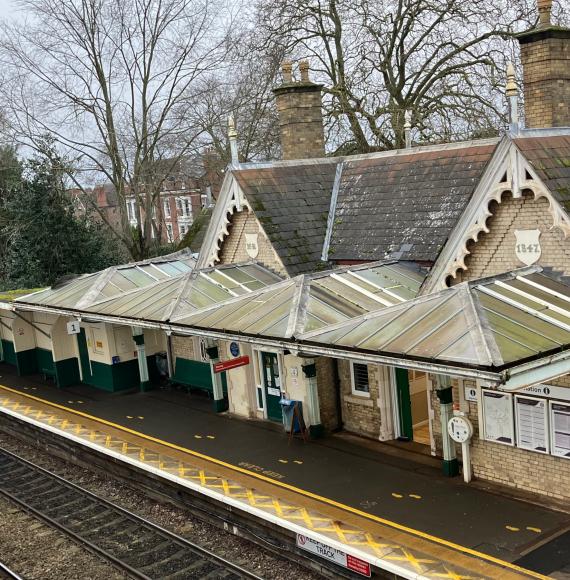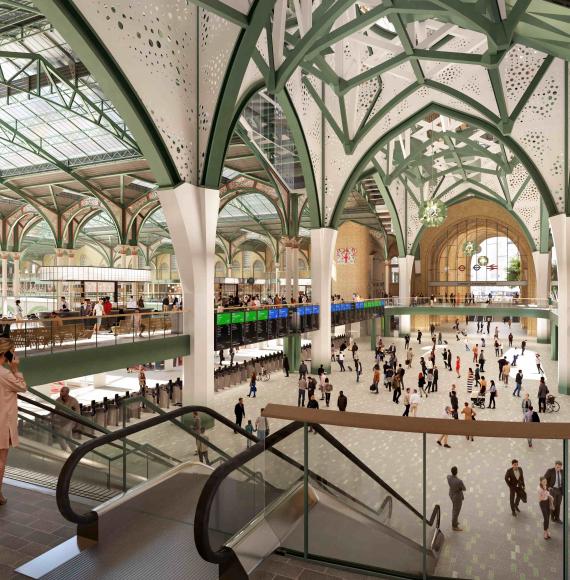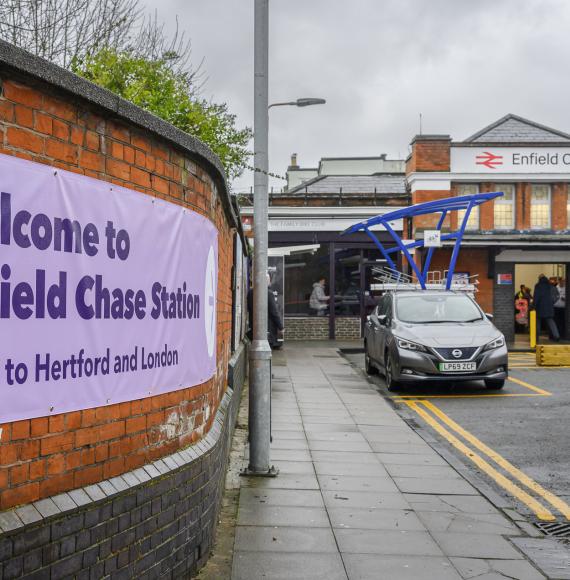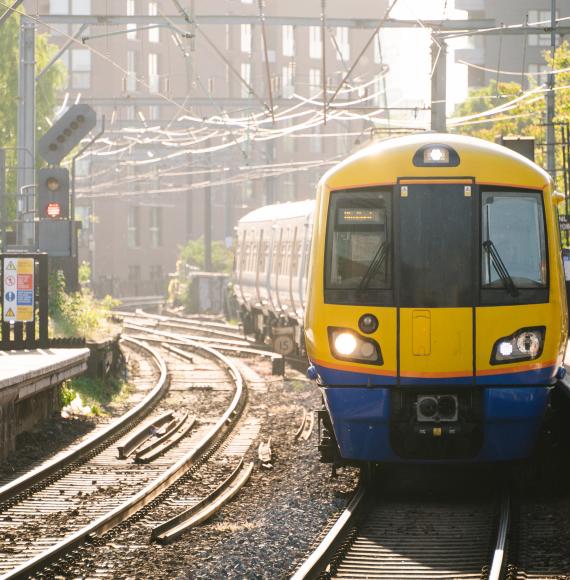Recycling is at the heart of the North East’s fond farewell to the Tyne and Wear Metro’s old train fleet.
The 45-year-old carriages, which are currently being phased out, are sent for recycling with much of their used metals repurposed and shipped abroad to support manufacturing.
Metals from the Metro’s rolling stock – including aluminium, copper and steel – are being exported via regional hubs to countries around the world, including Spain, India, Turkey and Asia.
A total of 29 trains – almost a third of Metro’s current rolling stock - have been recycled so far, with the work happening in carefully planned stages as more of the new Stadler Metro trains are put into customer service.
Leading North East metal recycling specialist, J Denham Metals Ltd, is carrying out the task of taking these iconic trains on their final journey.
Paul Welford, Major Projects Director at Nexus, said: “We’re bidding a fond farewell to the old Metro train fleet over the next couple of years and it’s good to see that a lot of the used parts are being sent away for recycling.
“A lot of The metals are harvested during this process and they are repurposed to support other industries, usually manufacturing and construction, quite often overseas. Overall, this reduces the energy and carbon consumed if such metals were manufactured from scratch.
“The footage we’ve gathered to document this occurrence is jaw-dropping, and quite emotive, but it’s all part of a process of decommissioning the fleet and making room for the new trains and a brighter future for Metro.
“These trains have been real workhorses over the last four decades. They helped to transform public transport in our region. They have given us outstanding service, running twenty hours a day, seven days a week.
“Customer can be assured that two of the old trains are being retained for heritage purposes and will be sent to two local museums – the Stephenson Museum, and Beamish, so that we can celebrate and remember their contribution to our region for many years to come.”
Paul Patrick, Managing Director of Stadler Rail Service UK, said: “Saying goodbye to the old trains is a bittersweet moment for Stadler, particularly as several members of our staff – myself included – worked on these trains for a long time. But they’ve served the region very well, and it’s time to look forward. Sad though it can be to see them withdrawn from service, we’re really pleased that they’re being disposed of sustainably and responsibly and that some of the metal from them will get a second life and go on to support other industries.”
Graeme Smith, Commercial Manager at J Denham Metals, said: “It’s great for us to be involved in the Metro project. These trains are part of our region’s heritage and we’re proud to be carrying out the recycling work given the region’s railway heritage and nearby Shildon is the home of rail.
“These are the first passenger trains that we’ve decommissioned and the most high profile. We regularly get train enthusiasts coming down here just to catch a final look at the Metros before they undergo the breakage process.
“It’s often described as scrappage, but much of the metals we strip away from the trains will be re-used. It gets transported on, often for use in construction and manufacturing across the world.
“There has been more demand for recycled metals in recent years, so the materials removed from these Metro trains are providing an important environmental benefit.
“The process of taking the trains apart does look brutal, but it’s very necessary for the recycling process. We can break a Metro train apart completely in just under one hour.
“Just days after it may have left service, it’s quickly broken down, and is a part of a batch of used metals ready to repurpose, whether that’s the steel, copper or aluminium from its bodywork and its chassis.”
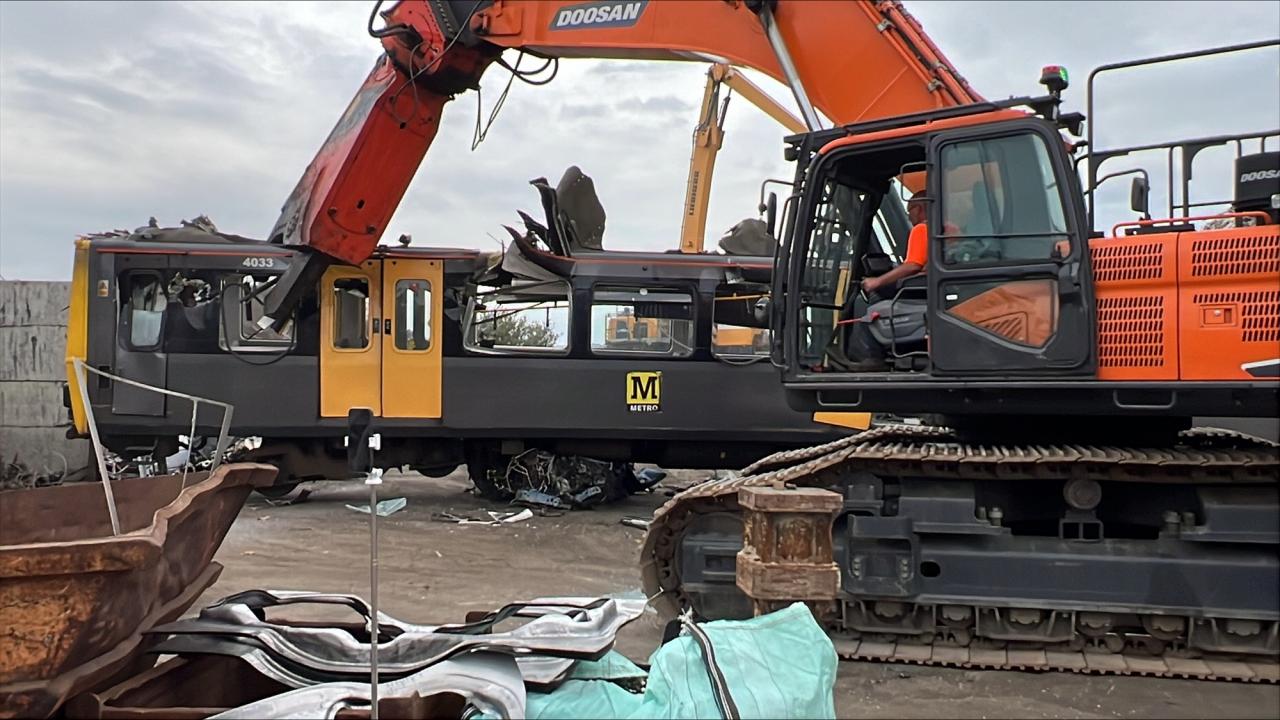
Craig Pearson is a Metro Futures Driver Specialist for Nexus, and is playing a key role in training colleagues on the new Metro fleet.
He said: “The old fleet has given us decades of service, transporting commuters, students, shoppers, and football fans. They’ve been a part of everyday life in our region.
“It’s sad to see them go, but this is the start of something new, with much of the metal work going off to be recycled. While these old carriages’ days on the tracks are coming to an end, they will be well remembered, and many of their components will go on through the recycling process.”
The work is taking place at Denham’s yard near Bishop Auckland in County Durham and makes for a visually striking scene.
Powerful machinery rips the carriages open like tin foil so that the metals can be harvested.
It all gets underway when the train is signed out of service and taken to the Howdon Metro Depot in North Tyneside, where Stadler hands it over to a haulier.
The carriage is taken from the Metro tracks and placed on an articulated lorry for its road journey down to County Durham.
When it arrives at the scrap yard, a giant hydraulic grabber lifts the train up – and so begins the breakage process.
The grabber starts on the bodywork, before windows and seats are removed.
An equally large hydraulic machine – known as a snipper – gradually works its way through the carriage in a process which takes just under one hour.
The used metals can then be loaded into containers for recycling.
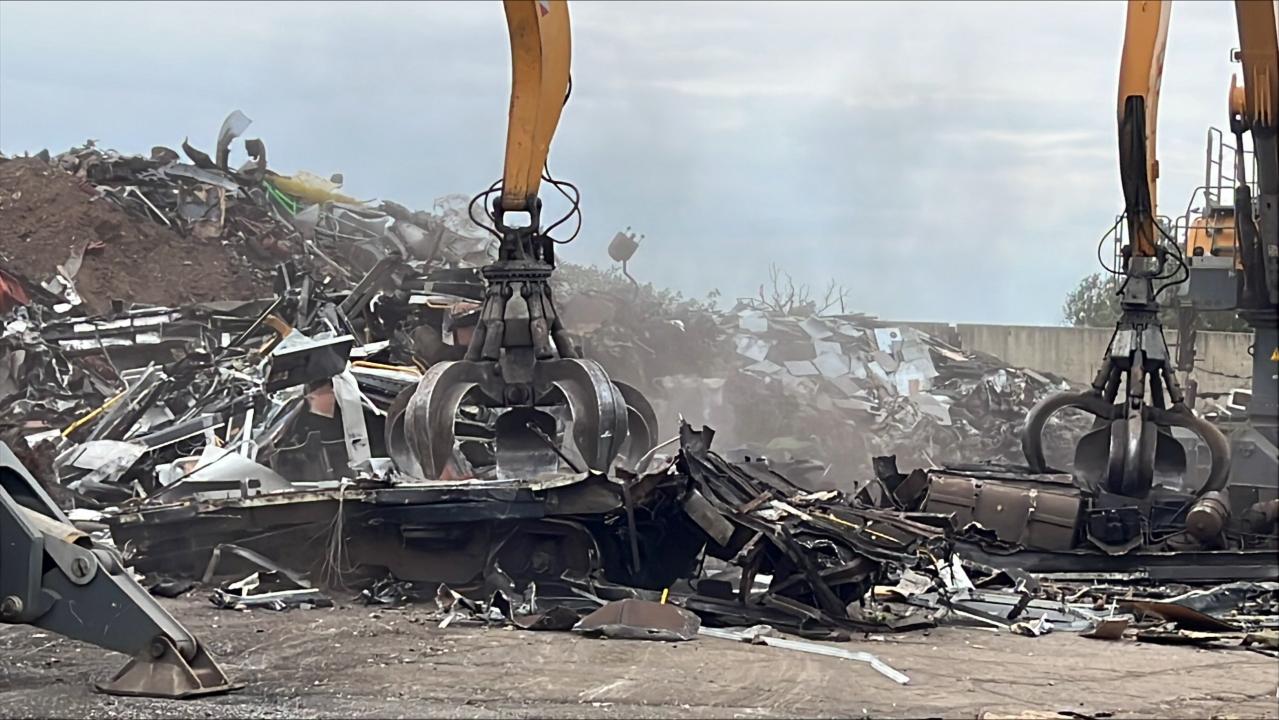
The focus turns to the train’s chassis and the wheels, or bogeys as they are known in the railway industry, the heaviest and most bulky sections.
Nexus is retaining two of the old Metro carriages for heritage purposes and these will be donated to the Stephenson Steam Railway in North Tyneside and to Beamish Museum in County Durham.
Stadler, the Swiss train manufacturer, is supplying Metro with 46 new trains and a total of 25 have been delivered so far.
The first new Metro trains entered customer service at the end of 2024, and all are expected to be in service by the end of 2026.
Image and video credit: Nexus

